CATIE will participate in the XII National Forestry Congress of Guatemala
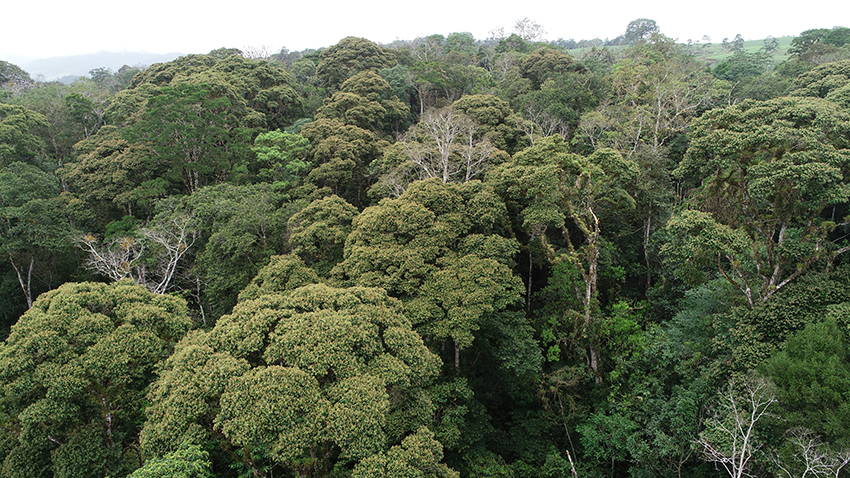
- The institution will share four oral presentations during the congress which aims to promote a different vision of forest use among the population.
CATIE (Tropical Agricultural Research and Higher Education Center) will participate in the XII National Forestry Congress (COFONA) to be held in Guatemala from October 2nd to 6th, with the presentation of four oral presentations.
This year, COFONA's main theme is "The Contribution of the Forestry Sector to the Achievement of Sustainable Development Goals." The Congress will be held in the city of Flores, Petén.
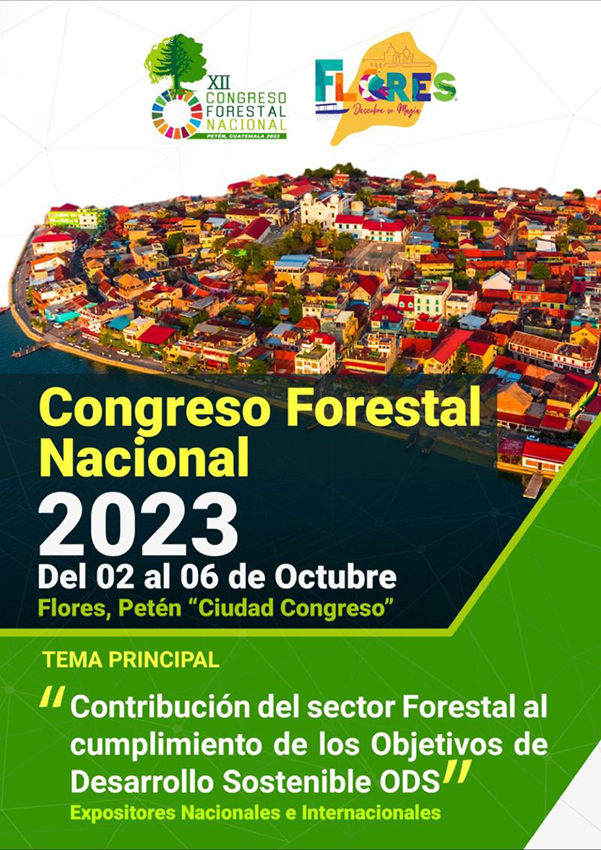
Fernando Carrera, a researcher from the Climate Action Unit, will be in charge of one of the keynote presentations based on the results of research conducted by CATIE: "The Contribution of Guatemala's Community Forest Concessions to the Achievement of Sustainable Development Goals (SDGs)."
"I will have the privilege of presenting the work of a master's student from our Graduate School, Rocío Castillo Cruz, who found impressive data. Rocío found that Guatemala's community forest concessions have met goals in each of the 17 SDGs, which is an excellent result," Carrera mentioned.
Furthermore, the Forests and Biodiversity in Productive Landscapes Unit will have three more presentations. Vladimir Valera will present the topic: "Secondary Forests: An Opportunity for Sustainable Business Models and Transformative Forest Management in Central America."
"We are very excited to bring these experiences to this important congress, which will bring together many people from the forestry and environmental sectors. We want to convey the message of recognizing secondary forests as livelihoods for people," said Valera.
On the other hand, Diego Delgado will present: "Mountain Forests and Climate Change: Experiences Derived from Long-term Research and Monitoring by CATIE on an Altitudinal Gradient in Costa Rica."
Finally, Juan José Serrano will deliver the presentation: "Implementation of Supplementary Sampling to Determine Necessary Interventions at the Demonstration Site of CATIE's Secondary Forests Project located in the Sierra del Lacandón National Park in the Cooperative Integral Agropecuaria La Lucha, La Libertad, Petén."
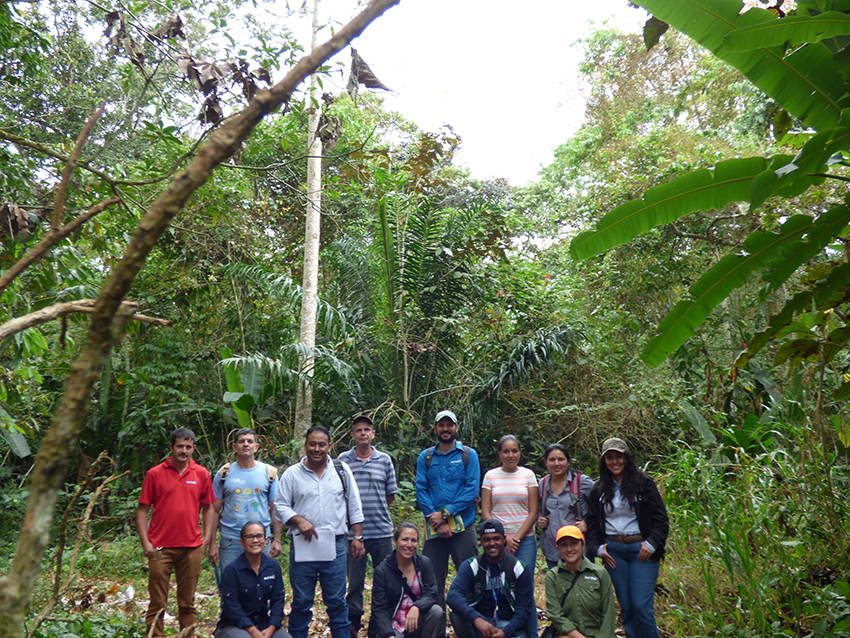
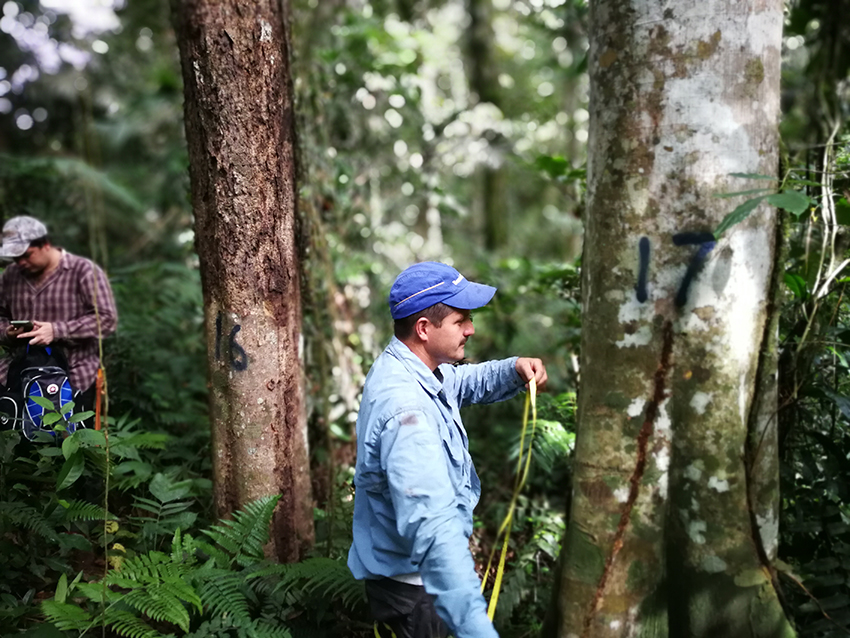
The History of CATIE in Petén
CATIE's involvement in Petén dates back to 1989 when the Conservation for Sustainable Development project in Central America, commonly known as the OLAFO project, began. In 1991, through the Natural Forest Production component, CATIE resumed research activities by establishing four permanent measurement plots with the aim of promoting tree growth.
Fernando Carrera coordinated the CATIE/CONAP (National Council of Protected Areas) project, which took place between 1996 and 2001. The project aimed to facilitate the process of forest concessions in the Maya Biosphere Reserve. Carrera mentioned, "It was a successful project, and the concession contracts have just been renewed for another 25 years, with all the research implemented by CATIE put into action."
In 1998, the Sustainable Development Program for Petén was launched to support the sustainable management of natural resources and the preservation of Petén's cultural heritage through economically sustainable pilot projects focused on lower-income populations. The Program worked in the municipalities of Poptún, Dolores, Sayaxché, La Libertad, Melchor de Mencos, and Flores.
In 2003, CATIE executed the Small and Medium-sized Forest Enterprises in Central America project, which aimed to improve and enhance the competitiveness of forest product value chains in four Central American countries, including the Petén region. In January 2013, this project, in partnership with approximately 2,000 families living in poverty and other strategic partners, began working to increase the competitiveness of small forest businesses.
Three years later, in 2006, the Tri-National Maya Forest Ecosystem Management Promotion Plan (Mexico-Belize-Guatemala) was implemented, which aimed to enhance management, coordination, and regional cooperation capabilities for the sustainable management of this important territory.
In 2009, through the Sustainable Agricultural Territories Management Project in Mesoamerica (Mesoterra), CATIE promoted the strengthening of public and private organizations to implement sustainable land management practices. Its multisectoral approach specifically addressed issues related to livestock, coffee, cocoa, annual crops, and forestry. In this way, it sought to contribute to improving the well-being of producer families and communities, achieving greater resilience of productive systems in the face of climate change, and maintaining or restoring the provision of ecosystem services.
During the same years, the CATIE/Finnfor project, Forests and Forest Management for Central America, was also executed. Over three years, it focused on the development of value chains for forest products in four Central American countries, including the Petén region in its areas of operation. In January 2013, the project team, in partnership with around 2000 families living in poverty and other strategic partners, began working to increase the competitiveness of small-scale forest businesses.
COFONA 2023
Since 1989, Guatemala has hosted eleven forestry congresses, providing a space for discussion, analysis, and reflection on the contributions of the forestry sector to the country. These congresses have facilitated the integration of various national, regional, and international actors from the governmental, non-governmental, and cooperation sectors.
The Sustainable Development Goals (SDGs), adopted by world leaders on September 25, 2015, as part of the United Nations' Agenda 2030, have been a global goal to eradicate poverty, protect the planet, and ensure prosperity for all. Each of the 17 SDGs has specific targets to be achieved in the next decade.
The linkage of the SDGs to the forestry sector is of vital importance due to society's perception of forests. Although there is a tendency to believe that forests should not be exploited, the reality is that everyone uses products and services derived from them in their daily lives. Therefore, connecting the conservation, sustainable management, and use of forest resources to priority development issues such as food security, climate change, water and energy security is essential to promote a more balanced and conscious vision that can advance sustainable development.
The XII National Forestry Congress will provide an appropriate space to promote a different vision among the population regarding the management and use of forests. It will present examples of sustainable forest management practices that allow society to learn about appropriate practices and discuss innovations that enable the conservation of forest ecosystems through sustainable management and use.
It also aims to highlight the positive impact of sustainable forest use and management on society in social, environmental, and economic aspects while strengthening the strategic vision of achieving the SDGs as a priority sector in the country.
Known as "Congress City," Petén has been chosen as the iconic venue for the event, as the third COFONA was held in the same locality in 1993. This department boasts a prominent presence of agroforestry and silvopastoral systems, extensive community forest management, and the largest forest plantation in Mesoamerica.
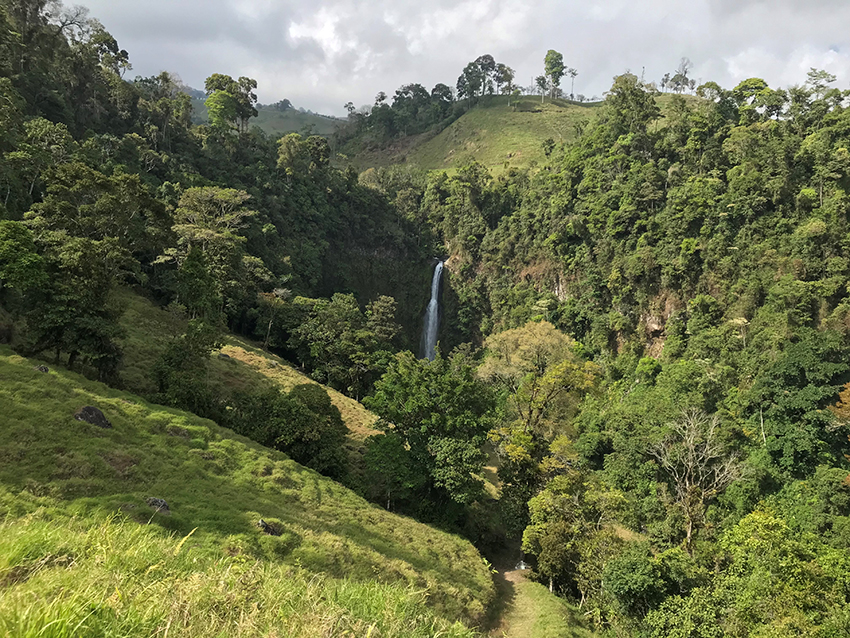
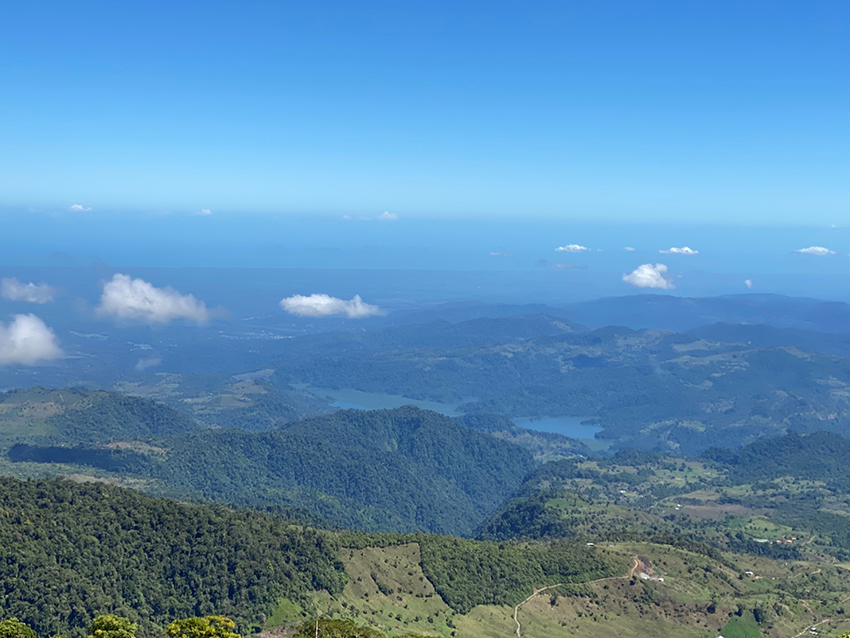
More information:
Alejandra Martínez-Salinas
Coordinator
Forests and Biodiversity in Productive Landscapes Unit
amartinez@catie.ac.cr
Written by:
Esteban Rodríguez Zamora
Communicator
Information Technology and Communication
CATIE
esteban.rodriguez@catie.ac.cr



